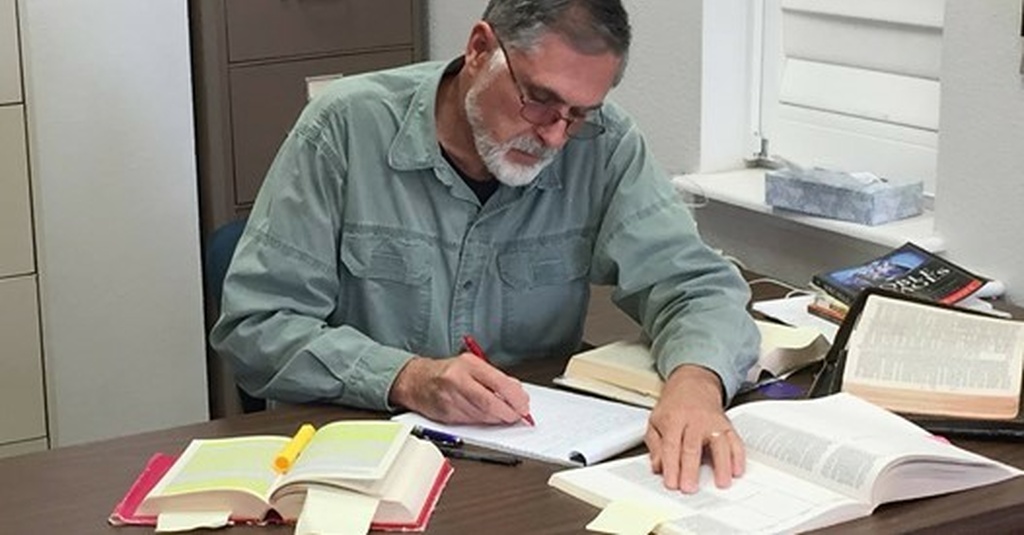February marks the remembrance of St. Valentine, a man whose memory is cloaked in many layers of myth. The work of St. Patrick and St. Nicholas has suffered much the same fate. We have but vague historical recollections of respected men of some real historical note. Even men of renown are largely forgotten after a few years. Perhaps you have heard a name of someone famous earlier in your lifetime whose name you have not heard mentioned in years. The shortness and seeming insignificance of a human lifespan was noted in Psalm 103:
15. As for man, his days are as grass; as a flower of the field, so he flourish
16. For the wind passeth over it, and it is gone.
That is often quoted with a degree of sadness, as though the point is the futility of life. It is rather contrasting man’s mortality with the immortal, sovereign God:
19. The Lord prepared his throne in the heaven; and his kingdom ruleth over all
Life is only futile to the extent we see it as the source of our fulfillment and hope. If, however, we see our life as a window of opportunity to serve God in faithfulness, we can understand that it has significance and purpose.
A frequent topic of conversation amongst discerning Christians these days is the rise of evil in high places, the loss of both private and public ethics, and the rapid dissolution of culture and civility. It is necessary to recognize what is happening but we must never conclude with a retreat to futility. The alternative to futility is to “hope in God: for I shall yet praise him, who is the health of my countenance…” (Ps. 42:11).
If we hope in God, and believe that He now rules “over all,” we will spend our brief days serving His Kingdom. We will be actively engaged in that work until such time as God sees fit that we “rest from our labors” (Rev. 14:13).

- Mark R. Rushdoony
Mark R. Rushdoony graduated from Los Angeles Baptist College (now The Master’s College) with a B.A. in history in 1975 and was ordained to the ministry in 1995.
He taught junior and senior high classes in history, Bible, civics and economics at a Christian school in Virginia for three years before joining the staff of Chalcedon in 1978. He was the Director of Chalcedon Christian School for 14 years while teaching full time. He also helped tutor all of his children through high school.
In 1998, he became the President of Chalcedon and Ross House Books, and, more recently another publishing arm, Storehouse Press. Chalcedon and its subsidiaries publish many titles plus CDs, mp3s, and an extensive online archive at www.chalcedon.edu. His biography of his father will be published later this year (2024).
He has written scores of articles for Chalcedon’s publications, both the Chalcedon Report and Faith for all of Life. He was a contributing author to The Great Christian Revolution (1991). He has spoken at numerous conferences and churches in the U.S. and abroad.
Mark Rushdoony has lived in Vallecito, California, since 1978. His wife, Darlene, and he have been married since 1976. He has four married children and nine grandchildren.
